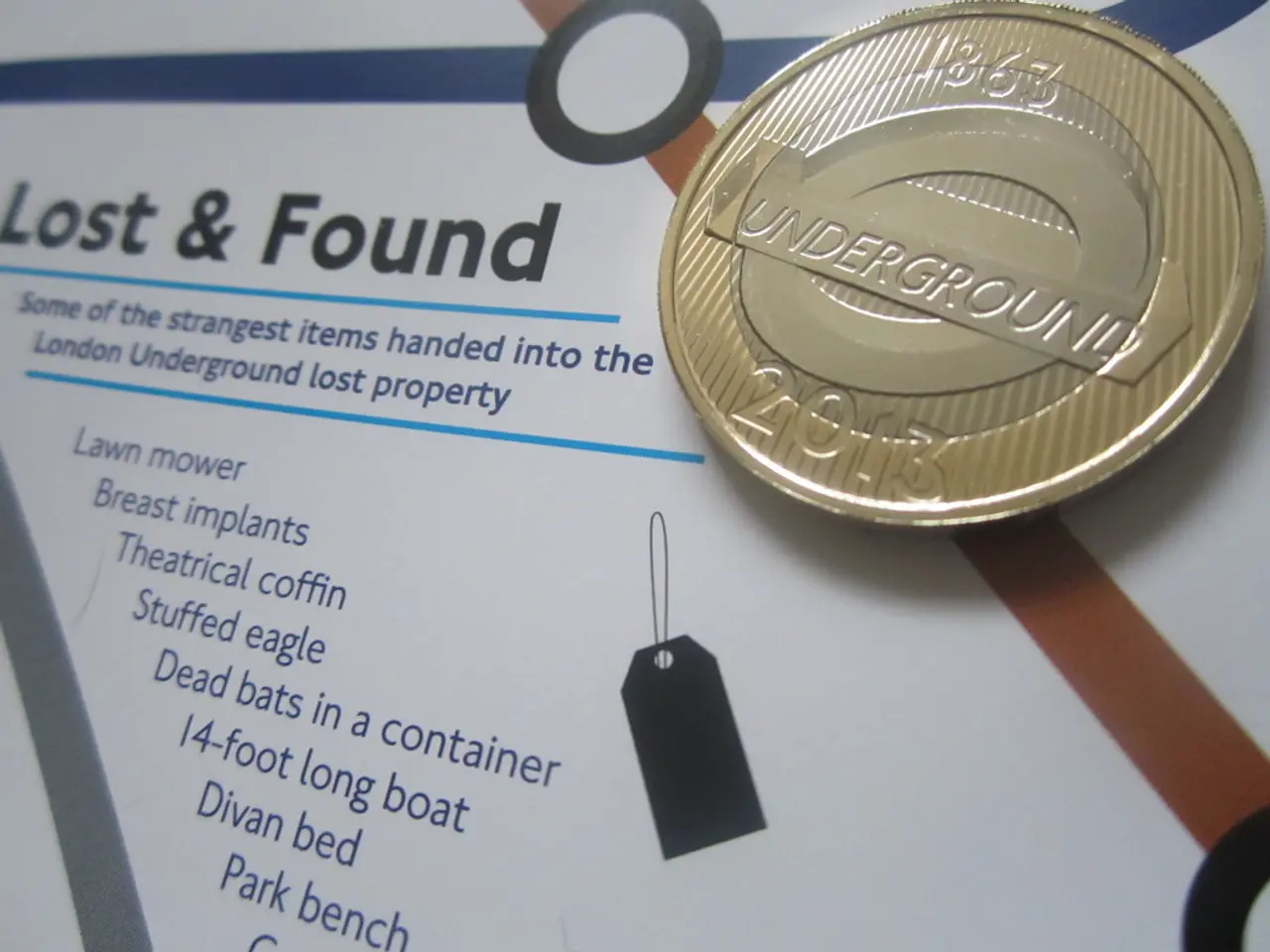A Look at the Use of Consulting Firms by Local Authorities in France, Three Years Later
Criticism Lodged by Court of Auditors Towards the Employment of Consultancy Firms by Local and Regional Authorities
In a stark contrast to three years ago when they were largely overlooked, consulting services are now under the microscope for local authorities in France. The Court of Auditors, in response to a citizen's online proposal, has released a report on the use of such services by these local authorities.
This report, covering 16 local authorities across four regions - Occitanie, Nouvelle-Aquitaine, Provence-Alpes-Côte d'Azur, and French Polynesia, representing a whopping 10 million inhabitants, has shed light on their financial dealings.
Though consulting services represent a relatively minor share of their expenses, around 1%, it's significantly more than what the State had allocated three years ago. For the 15 metropolitan authorities under control, this amounted to a staggering 195 million euros between 2019 and 2023. Notably, metropolises engaged in "major investment projects" such as Toulouse (38.3 million euros), Occitanie (34.4 million), and Marseille (28.3 million) have been the heaviest spenders.
While these figures might seem modest compared to the State's, they offer food for thought. The question remains whether these consulting services are a necessity or an unnecessary drain on resources. After all, the report unveils that consulting firms have played a crucial role in enabling these local authorities to take on large-scale projects.
As for the Senate's previous report, it had largely dismissed the issue as not being as prevalent among local authorities as within the State, citing relatively lower amounts involved and the highly controlled nature of local authorities' activities. However, the lack of "sufficiently precise data" may have complicated the picture back then. Now, with the Court of Auditors providing the much-needed data, the debate on consulting services' role in local governance gains momentum.
On the flip side, it's worth noting that the Court of Auditors, in its role of examining and issuing opinions on the General State Accounts, also benefits from external expertise, such as the recruitment of an international expert in external audit to support its tasks[1]. This indicates that expert advice is being utilized across the board to ensure financial accountability.
In conclusion, the current use of consulting firms by local authorities in France is no longer a taboo topic. As the debate around the necessity and impact of these services on local governance gains traction, it will be interesting to witness the changes and reforms that may ensue in the days to come.
[1] Source: https://www.consel-superieur-de-la-court-des-comptes.gouv.fr/actu/presse/archives-presse/2019/10/11-octobre-2019-une-internationale-auditeur-implication-7empreinte-territoire-audit-conseil-superieur-court-comptes-20191011.html
Consulting services, previously overlooked, are now under scrutiny among local authorities in France, highlighted in a report covering several authorities and regions. These services, while a minor part of their expenses, have significantly increased from the allocated amounts three years ago, amounting to over 195 million euros for metropolitan authorities between 2019 and 2023. The question remains about the necessity of these services in light of their role in facilitating large-scale projects, even as external expertise is also utilized by entities like the Court of Auditors for financial accountability.




